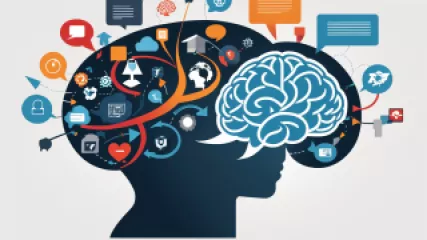Do you ever feel like you're your own worst enemy? Wonder why, despite your best intentions, you end up in situations you swore you'd avoid? You're not alone.
I'm Makenzie Wells, and if there's one thing my 43 years on this planet have taught me, it's that understanding ourselves is the first step to changing our lives. I've spent the last two years focusing intensively on helping people unravel the mysteries of self-sabotage. Why two years, you might wonder? Because it was then that I decided to turn my full attention towards guiding others through this specific maze—a journey I embarked on due to personal and professional revelations.
My passion for helping others isn't just about providing solutions; it's about offering a safe space where you can explore your deepest fears and challenges without judgment. Imagine having a conversation with someone who not only listens but truly hears you. That's the experience I strive to create for each person who walks into my life—professionally and personally.
Self-sabotage is a complex beast. It wears many masks and often goes unnoticed until we find ourselves facing the consequences of our actions. Or, should I say, our inactions. My approach isn't about pointing fingers or laying blame. Instead, it's about gently uncovering the layers of protection we've built around ourselves—layers that once served us but now hinder our growth.
The truth is, we all have the capacity for incredible resilience and change. I've seen it time and time again. The moment someone starts to understand their patterns of self-sabotage is the moment they start taking back control of their life. It's a beautiful, albeit challenging, process. But don't worry, you won't be walking this path alone. Think of me as your companion, someone who's been through the thick of it and come out the other side.
Why do I do this? Because I believe in the transformative power of empathy and understanding. There's something profoundly healing about being seen and understood, something that transcends traditional methods of therapy. It's not just about talking; it's about connecting on a human level, recognizing that we're all doing the best we can with what we've been given.
So, if you're tired of fighting against yourself, if you're ready to explore what lies beneath the surface of your actions, I'm here. Let's uncover those hidden parts of yourself together. Let's find the strength and wisdom that's been inside you all along. It's a journey worth taking, and I promise, you'll not be alone.
With warmth and understanding,
Makenzie















